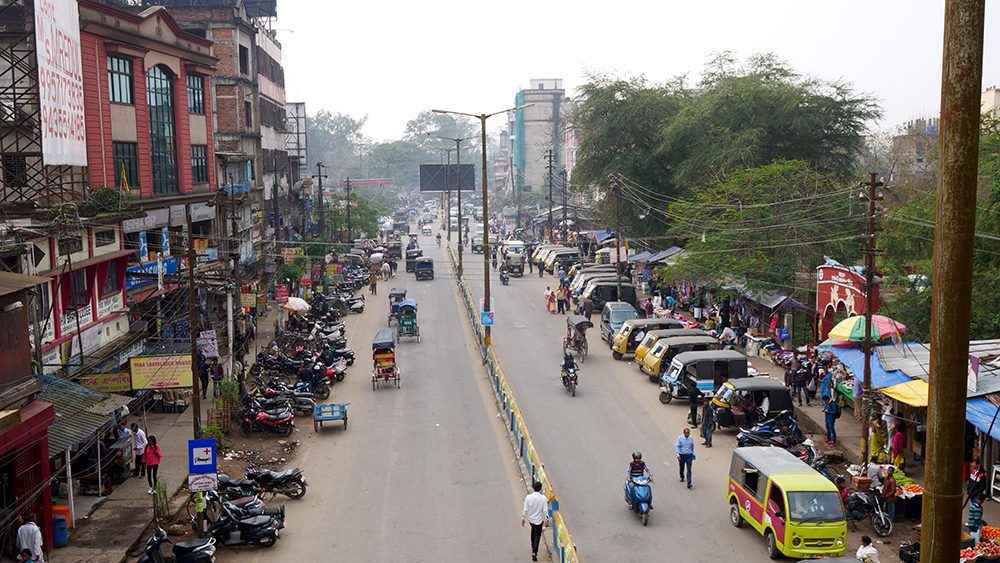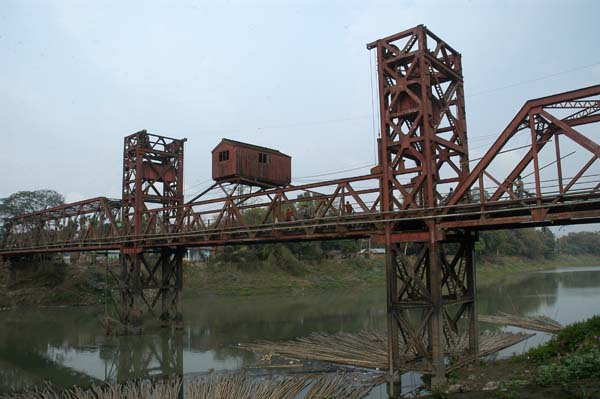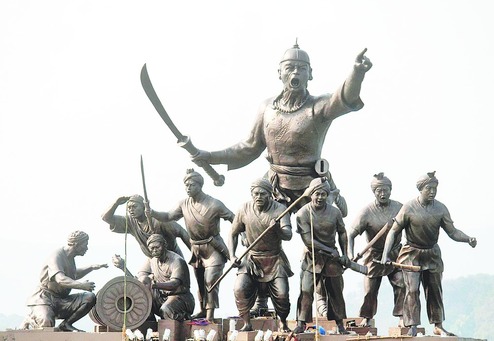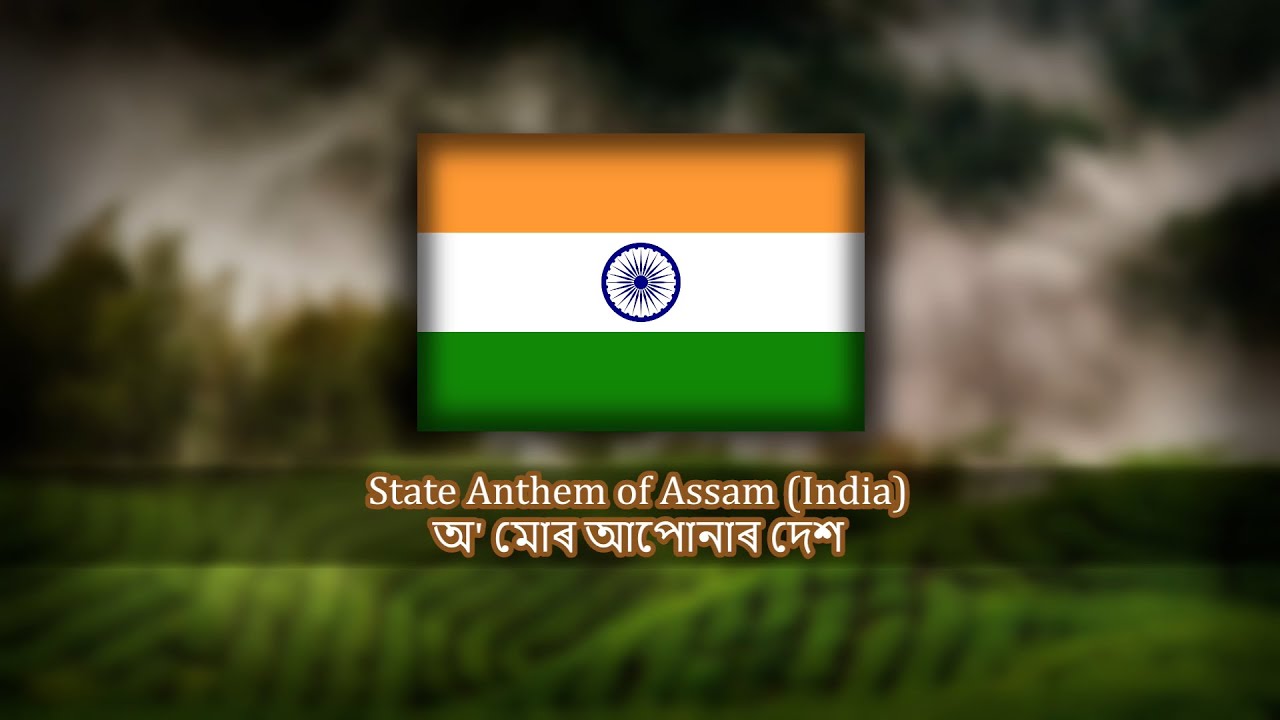The Chagos Archipelago, situated in the Indian Ocean, has been at the center of a longstanding territorial dispute between Mauritius and the United Kingdom. Despite Mauritius gaining independence in 1968, the UK retained control over the islands for decades. Although recent developments have led to the UK formally acknowledging Mauritius’ claims, tensions persist—particularly concerning Diego Garcia, a key military base.
Historical Overview of Chagos Archipelago
Comprising over 60 islands, the Chagos Archipelago is dominated by Diego Garcia, its largest landmass. Initially uninhabited, the islands saw their first permanent settlements in the 18th century. The French claimed the archipelago in the 1700s, but British control was later established following the Napoleonic Wars. During colonial rule, the islands were primarily used for plantations, relying heavily on slave and indentured labor.
Formation of the British Indian Ocean Territory (BIOT)
In 1965, the UK created the British Indian Ocean Territory (BIOT), incorporating Chagos as part of a broader Cold War strategy to maintain military influence in the region. As part of this move, the UK paid Mauritius £3 million for the detachment of the islands.
Strategic Importance of Diego Garcia
The 1970s saw the establishment of a U.S. military base on Diego Garcia, leading to the forced expulsion of the indigenous Chagossian population. Many were relocated to Mauritius and Seychelles under difficult conditions. The base became operational in 1986 and has since been a crucial asset for U.S. military operations in the Indian Ocean.
Legal Battles and International Rulings
Mauritius has consistently asserted its sovereignty over Chagos. In 2017, the UN General Assembly sought an advisory opinion from the International Court of Justice (ICJ) on the legal status of the archipelago. In 2019, the ICJ ruled that the UK must relinquish control, prompting a UN resolution urging the UK’s withdrawal from the region.
Recent Diplomatic Developments
A landmark agreement in 2024 saw the UK formally recognize Mauritius’ sovereignty over Chagos, while retaining control over Diego Garcia for a 99-year period. Despite this resolution, the deal has sparked controversy, particularly among the displaced Chagossian community, who feel sidelined in negotiations regarding their resettlement and rights.
Geopolitical Concerns and Future Outlook
The agreement has ignited debates about China’s growing influence in the Indian Ocean, as Mauritius strengthens diplomatic ties with Beijing. Critics argue that this geopolitical shift could impact regional stability. Meanwhile, the fate of the Chagossians remains uncertain, with ongoing discussions about potential resettlement and compensation.
The Chagos Archipelago continues to be a flashpoint in international politics, with historical injustices, military strategy, and geopolitical maneuvering shaping its future.












